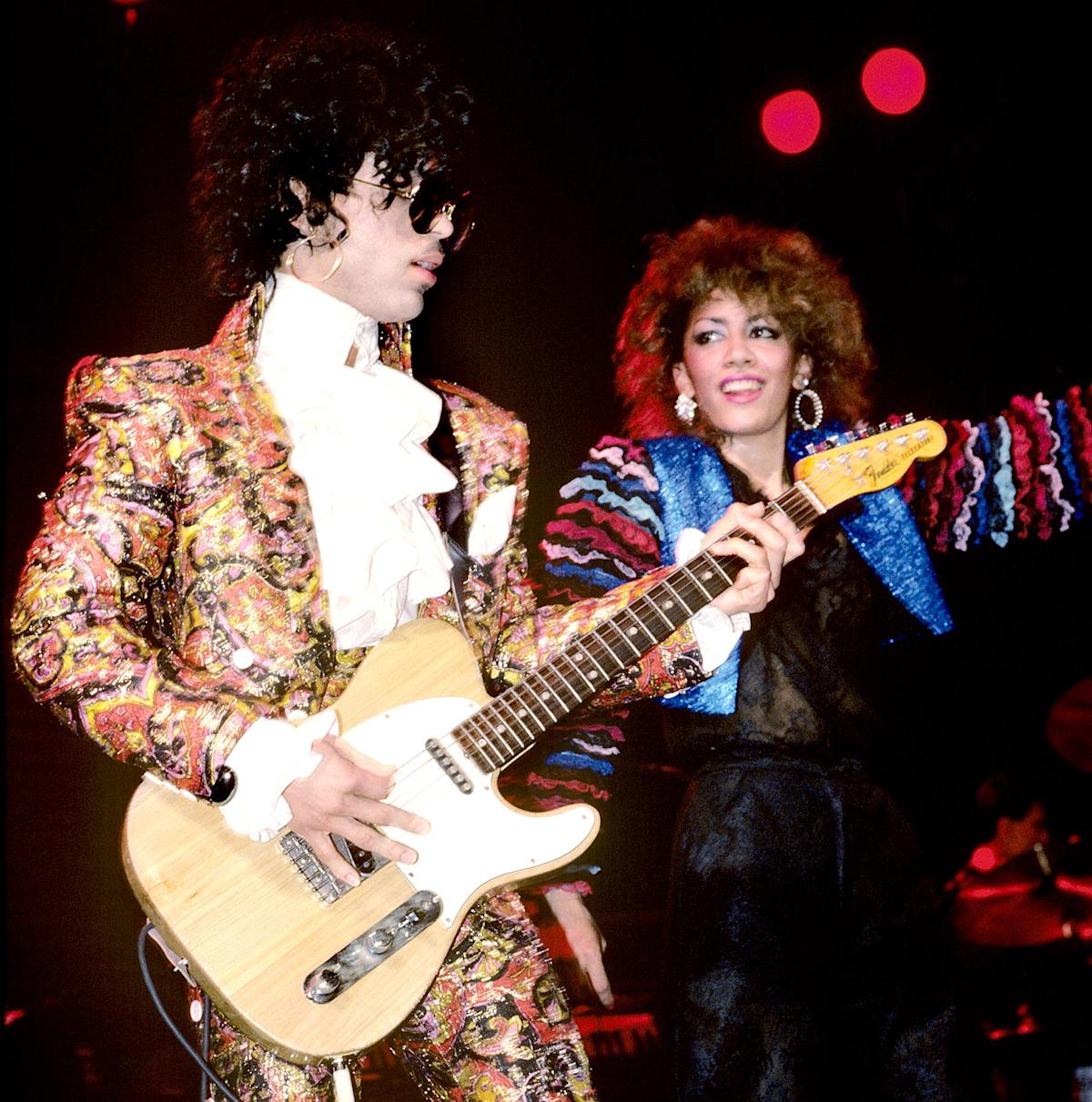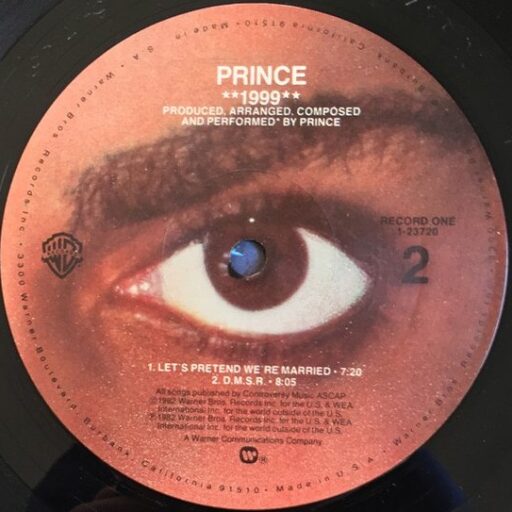Tag: 1978
-

A Million Miles (I Love You)
A definitive move into a new, baroque phase of Prince’s musical evolution.
-
Controversy, Part 2: Am I Straight or Gay?
While Prince’s flirtation with “post-racial” ideas in the Controversy era now seems antiquated and naïve, his similarly post-gender aesthetic feels remarkably ahead of its time.
-
André Cymone, Godfather of the Minneapolis Sound: A Retrospective from an Alternate Timeline
It wouldn’t be fair to give a single artist credit for “inventing” the Minneapolis Sound; but the fact remains that when most music fans think of Minneapolis, one man in particular comes to mind. I’m talking, of course, about André Cymone.
-
Do Me, Baby
“Do Me” wasn’t the first piece of aural erotica to reach the American charts… But those songs, however suggestive, had stayed within the realm of plausible deniability; in contrast, there’s no question what Prince is doing at the end of “Do Me.”
